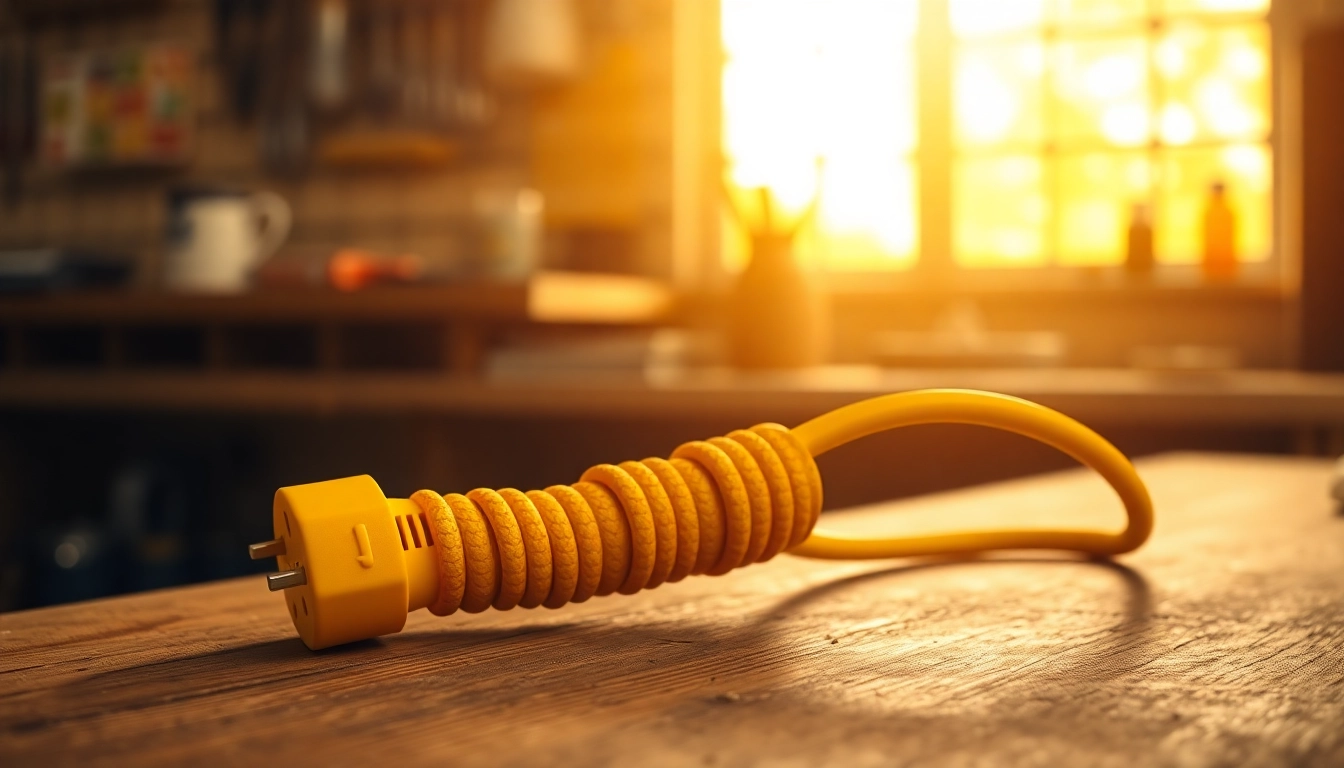Understanding Common Oven Issues
Identifying Symptoms of Oven Dysfunction
Recognizing the signs that your oven may not be functioning correctly is crucial for maintaining an efficient cooking experience. Common symptoms include inconsistent temperatures, failure to preheat, or an oven not igniting properly. You might notice that food takes longer to cook than usual, or that it burns in some areas while remaining raw in others. Additionally, listen for any unusual sounds, such as clicking or humming, which could indicate underlying issues.
Exploring Causes of Oven Malfunctions
Many factors can contribute to oven malfunctions. Faulty elements, such as worn-out heating elements, broken igniters, or malfunctioning thermostats, are frequent culprits. Additionally, electrical problems like blown fuses or wiring issues can lead to unpredictable behavior. Understanding these causes can help you troubleshoot more effectively and determine whether your oven requires a simple fix or a professional oven repair.
When to Seek Professional Oven Repair Assistance
It is essential to know when DIY solutions may not suffice. If you encounter complex issues like electrical faults or gas leaks, immediate professional assistance is crucial for safety and effective resolution. Likewise, if the repairs required exceed basic troubleshooting or part replacement, consulting an expert is advisable. Recognizing when to step back from a repair can save time and prevent potential hazards.
DIY Oven Repair Techniques
Essential Tools for Home Oven Repair
Before attempting any repairs, it is vital to equip yourself with the necessary tools. A multimeter is essential for testing electrical components, while screwdrivers and pliers allow for easy access to various oven parts. A vacuum cleaner can help remove debris from inside the oven, and a cleaning solution is crucial for maintaining your oven’s surface. Having the right tools on hand can streamline the repair process and make it more manageable.
Step-by-Step Guide to Simple Fixes
Many common oven problems have straightforward solutions that can be tackled without professional help. For instance, if your oven isn’t heating up, the first step is to check the power supply. Ensure that the appliance is plugged in and that the circuit breaker is not tripped. For ovens with heating element issues, inspect the element for signs of damage or burn spots, and replace it if necessary. Cleaning grime from the oven door sensor can also solve heating inconsistencies.
Safety Precautions During Oven Repair
Your safety is paramount when performing any type of repair. Always disconnect the oven from its power source before starting any work, to avoid electric shock. Additionally, for gas ovens, turn off the gas supply. Utilize gloves when handling sharp components, and ensure proper ventilation in your kitchen. Familiarizing yourself with safety protocols can make your repair efforts both effective and safe.
Regular Maintenance for Longevity
Cleaning Tips for Optimal Oven Performance
Regular cleaning is crucial for maintaining your oven’s performance. Different types of ovens require different cleaning methods. For example, self-cleaning ovens often utilize high heat to burn off residue, while traditional ovens may need manual scrubbing with an appropriate cleaner. Focus on removing grease and food debris from the interior, particularly around heating elements and vents. Proper cleaning enhances efficiency and prolongs the life of the appliance.
Seasonal Maintenance Checklists
Performing seasonal maintenance can prevent issues from arising. Develop a checklist that includes inspecting seals and gaskets for wear, testing your oven’s thermostat accuracy, and ensuring all functions work as intended. Set a reminder to perform these maintenance tasks every few months; this proactive approach can help catch small issues before they escalate into larger problems.
Preventive Measures to Avoid Future Breakdowns
Incorporating preventive measures into your routine can drastically reduce the likelihood of future oven breakdowns. Avoid using the oven for unintended purposes, such as storage, which can impede its function. Always preheat the oven properly to prevent strain on components. Educating yourself about your specific oven model, including common issues and their solutions, can also aid in prevention.
Understanding Oven Components
Key Parts Involved in Oven Repair
Understanding the distinct components of your oven can empower you during repairs. Key parts include the heating elements, thermostat, igniter, and control board. Each part plays a specific role in ensuring that your oven operates smoothly. Knowing how these components interact provides insight into diagnosing issues effectively.
How Each Component Affects Oven Function
Each part of an oven contributes to its overall functionality. The heating elements generate heat, while the thermostat regulates and maintains the desired temperature. If the igniter fails, the gas oven will not light, leading to a non-functional appliance. The control board serves as the brain, directing power to the components. Understanding these roles can help you pinpoint the source of any malfunction more accurately.
Repair vs. Replacement: Making the Right Choice
When faced with oven issues, determining whether to repair or replace a part can be challenging. If the cost of repairs approaches half the price of a new unit, considering a replacement may be the more economical choice. Additionally, if your oven is old and frequently breaking down, investing in a new model could enhance efficiency and save on future repairs. Weighing the pros and cons will help you make an informed decision.
Choosing the Right Oven Repair Service
Evaluating Local Oven Repair Companies
Choosing a reputable repair company can make a significant difference in your repair experience. Look for companies that specialize in oven repairs and have a history of satisfied customers. Checking for licensing and insurance can provide peace of mind regarding the qualifications of the technicians. Gathering multiple estimates allows you to compare not only prices but also the quality of service offered.
Questions to Ask Before Hiring an Oven Repair Technician
Before committing to a repair technician, ask a series of important questions. Inquire about their experience with your particular oven model and the types of repairs they commonly handle. Understanding their diagnostic process can provide insight into how thorough they will be. Also, ask about warranties on parts and services, as reputable companies often guarantee their work.
Reading Reviews and Comparing Estimates
One of the best ways to gauge the reliability of a repair service is by reading customer reviews. Look for feedback about punctuality, expertise, honesty, and overall service quality. Additionally, compare estimates carefully, ensuring that you understand what each includes. The cheapest option may not always provide the best value, so consider the balance of cost and service quality when making your decision.



